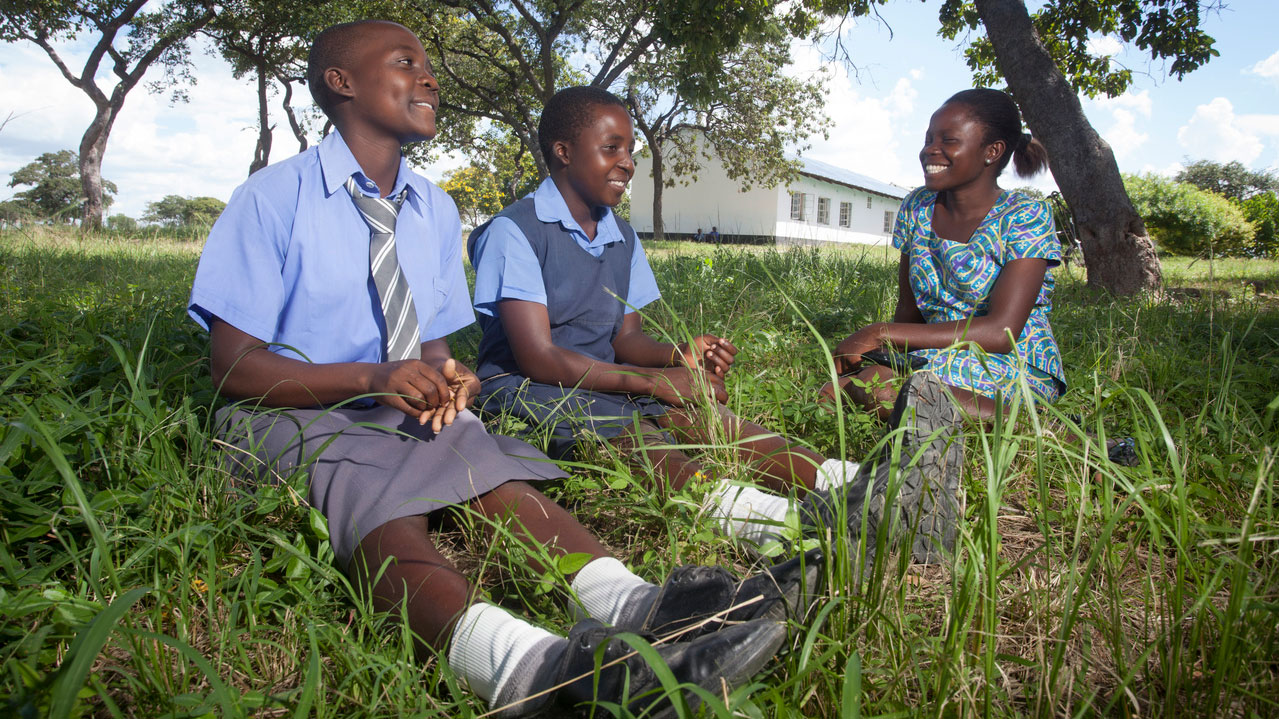
The seventh study in our evaluation of the Girls’ Education Challenge Programme Phase II (GEC) examined the influence of GEC projects on changing community attitudes and norms, focusing on sustained activities that contribute to lasting positive change in girls’ education outcomes.
Our evaluation team sought to address key questions regarding the extent to which these projects have aimed to foster sustainable change and the longevity of their effects beyond the project lifecycle, including pathways through which community activities contributed to it. The research explored the ways in which beneficiary young women have been change-agents in influencing community perceptions associated with girls’ education.
To answer the evaluation questions, this study focused on evidence from 27 projects across 14 countries within the GEC-Transitions (GEC-T) window, which supported marginalised girls to transition to the next stage of their education, including two in-depth two case studies:
- Sisters for Sisters’ Education II in Nepal
- Ultimate Virtuous Cycle of Girls’ Education in Zimbabwe.
This study examined the influence of GEC projects in second phase of the programme on changing community attitudes and norms to contribute to establishing a foundation for sustained change in girls’ education outcomes.
For more information on the study Sustaining changes in community attitudes and norms to improve girls’ education outcomes, see these annexes.
This study brief provides an overview of key findings and recommendations, highlighting effective practices and considerations for improving girls’ education outcomes built on evidence from 15 GEC-T projects and 2 case studies.
Read more about our independent evaluation of the Girls’ Education Challenge (GEC) Programme.